tribal freedom fighters
Bhimbor Deori, assam
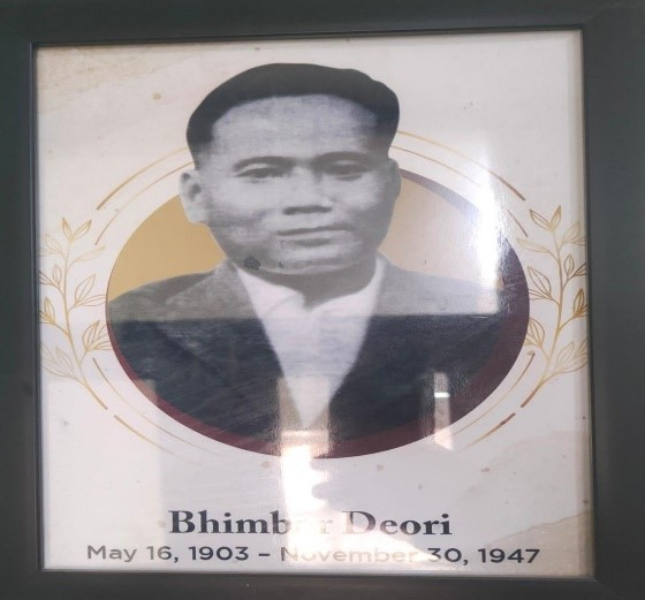
The Assam Backward Plains Tribal League came into existence on April 17, 1933, with the leadership of Bhimbor Deori. It was formed to tackle the socio-economic issues of the native tribes of Assam. The league acted as a means to stand up to the oppression from the non-tribal dynasties. With this organization, Bhimbor Deori and his peers fought for the rights and well-being of the tribal folk, creating a spirit of solidarity and political consciousness among various ethnic groups in Assam.
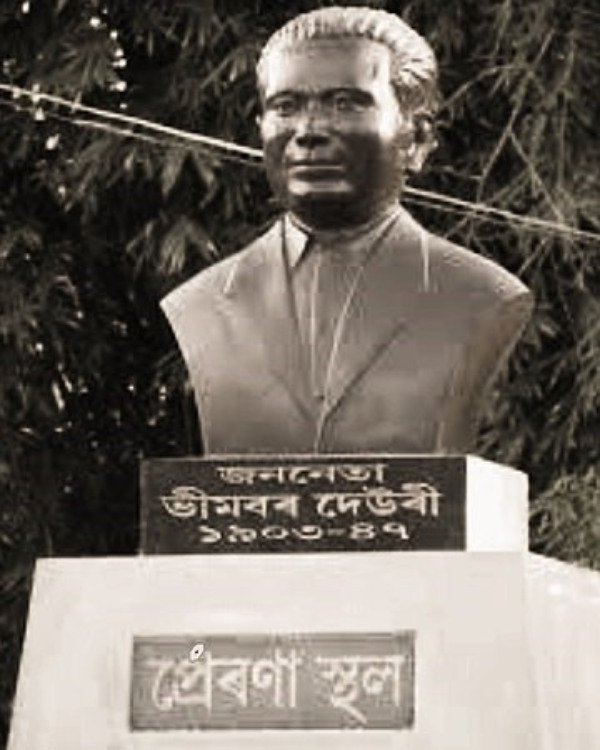
The Khasi Darbar Hall Resolutions, which were conducted from march 21 to 23, 1945, played an important role in the struggle for tribal autonomy in northeast India. Bhimbor Deori was one of the chief designers of the resolutions, which urged the recovery of independent homelands of several indigenous communities against Indian occupation. This incident reflected the desire of tribal people for self-determination and their resolve to resist colonial as well as post-colonial oppression, serving as a critical juncture in the tribal rights history in India.
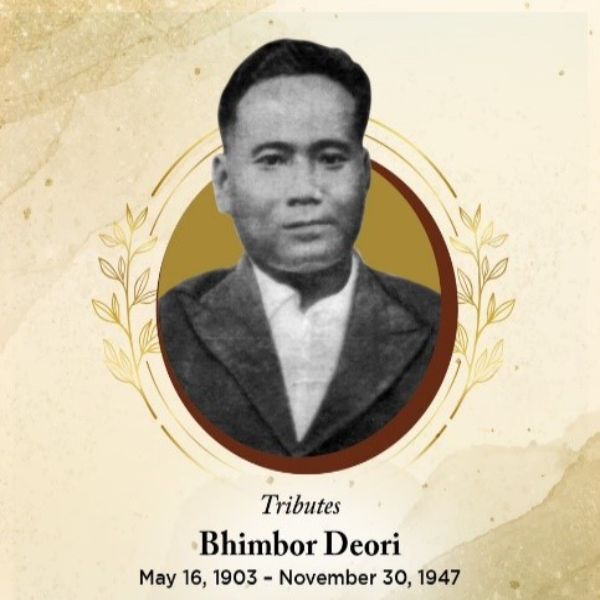
Bhimbor Deori worked continuously in getting land pattas for indigenous Assamese at a time when the British government was completely ignoring land revenue issues. His advocacy became important in ensuring land rights for tribal communities that were often marginalized and deprived of land. Deori’s efforts to push for equitable land distribution helped empower the indigenous population, giving them a sense of ownership and a stake in their own socio-economic development.
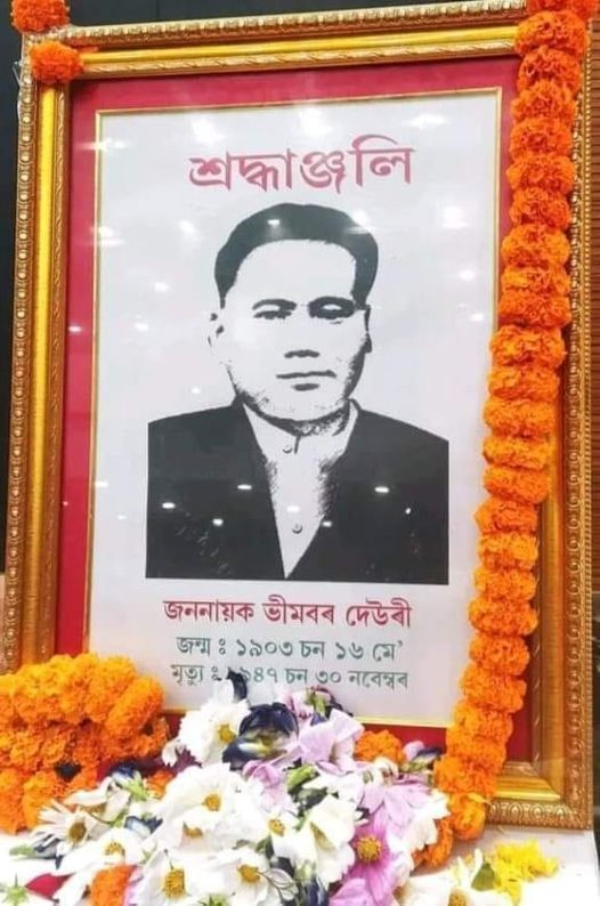
Apart from being a freedom fighter, Bhimbor Deori was a committed social reformer. He was a combatant of casteism and a defender of tribal communities' rights, seeking education and literacy. His leadership in all educational movements was geared towards improving the Mising community and reducing socio-economic inequalities. Through the promotion of inclusive policies and practices, Deori made a notable difference in enhancing the livelihood of marginalized groups in Assam.
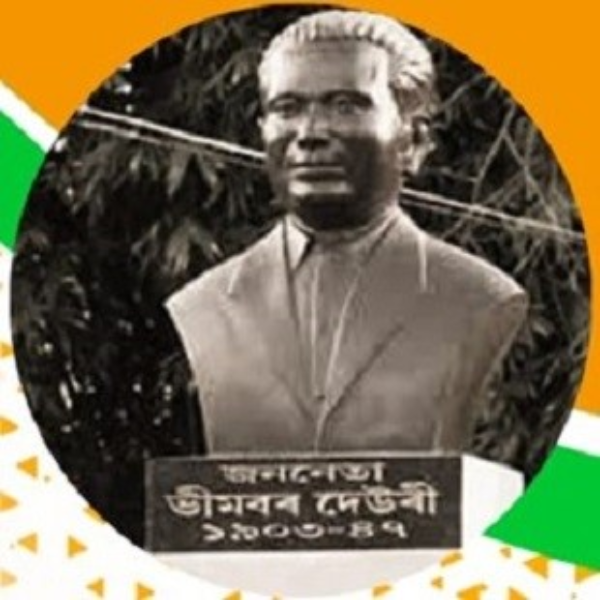
Bhimbor Deori was instrumental in making the Deori people Scheduled Tribes in the Indian Constitution. His tireless efforts to promote tribal rights and representation were crucial in gaining this status, which brought legal protection and access to numerous government benefits. This recognition not only legitimized the cultural identity of the Deoris but also opened the doors for their social and economic upliftment in post-independence India.



